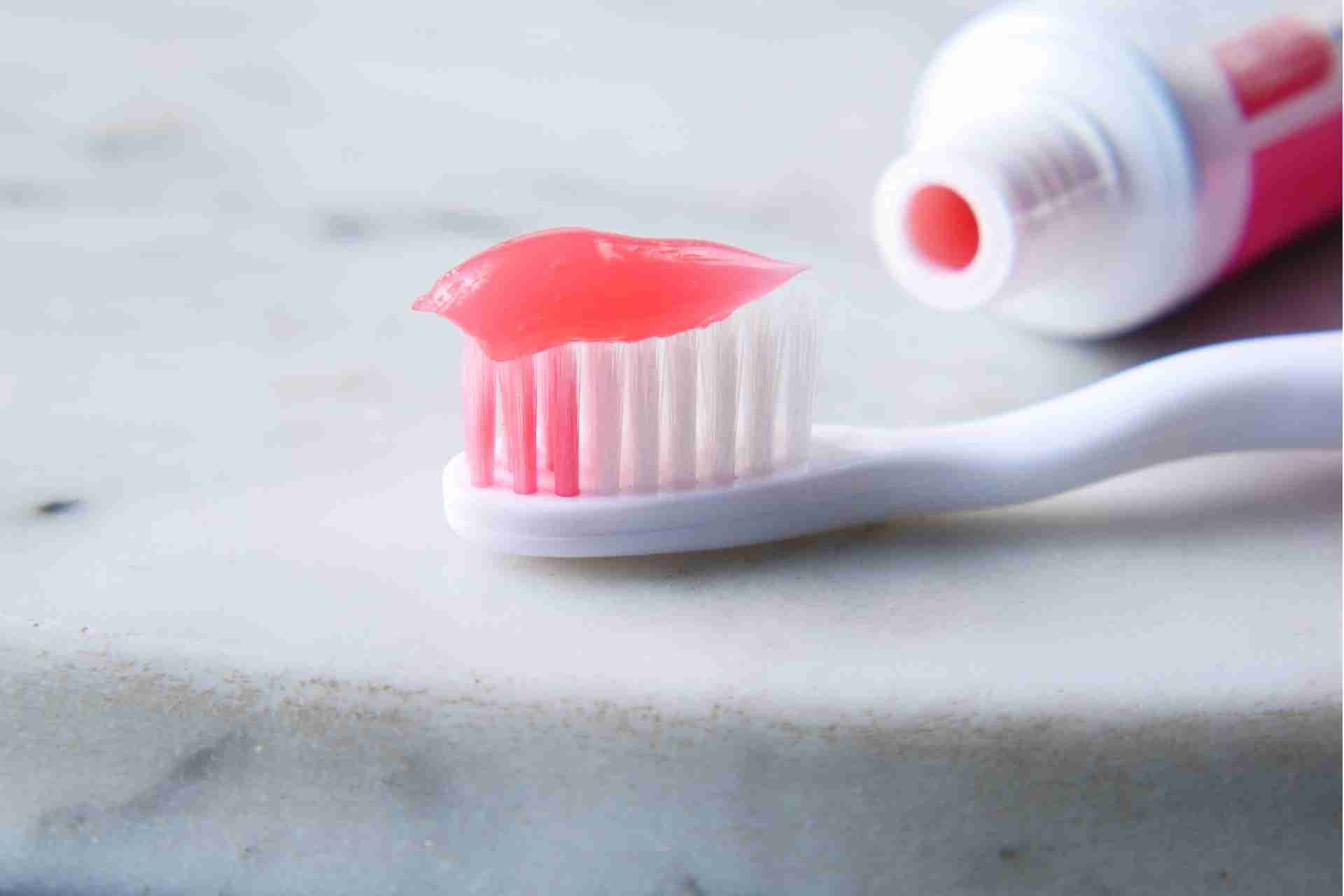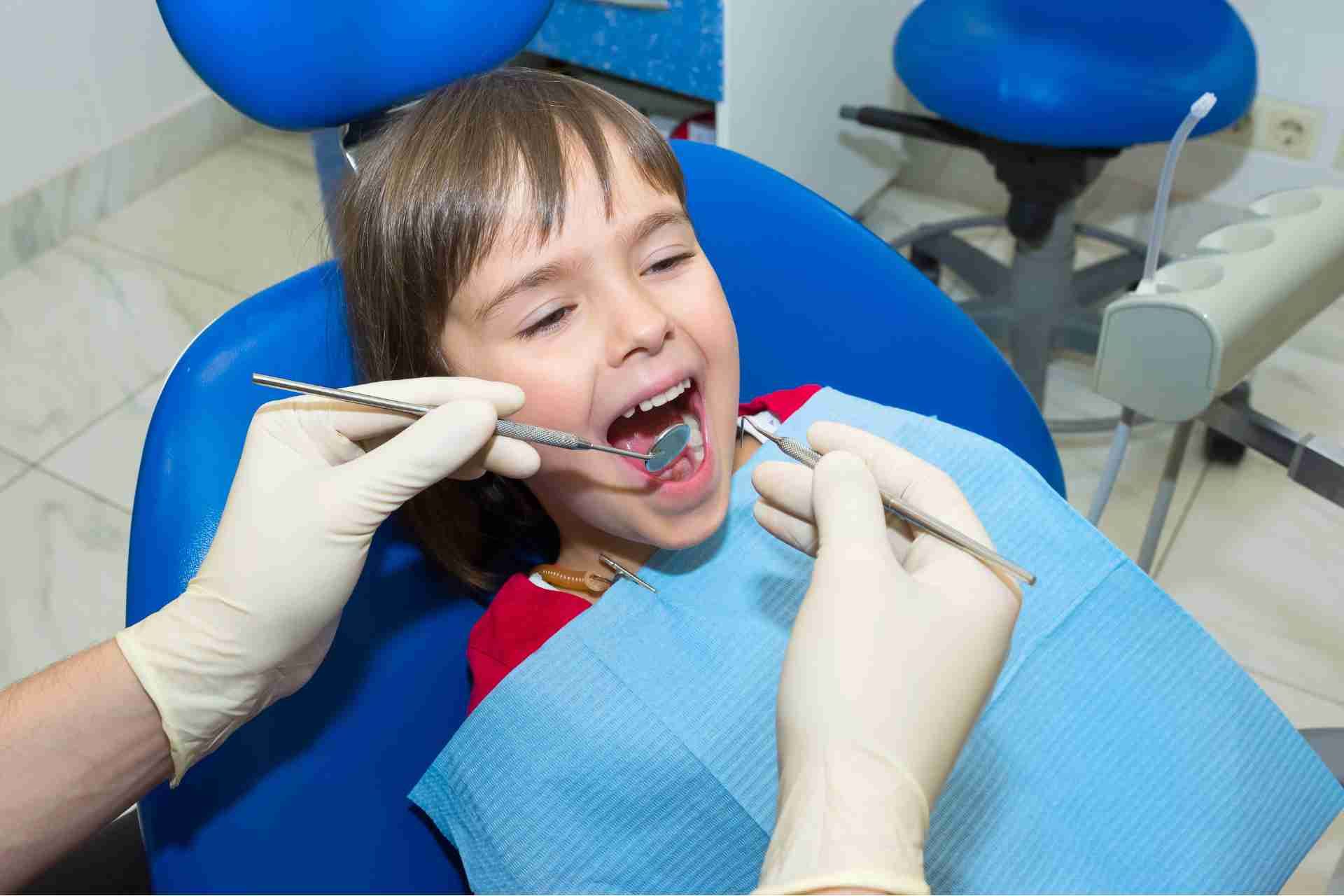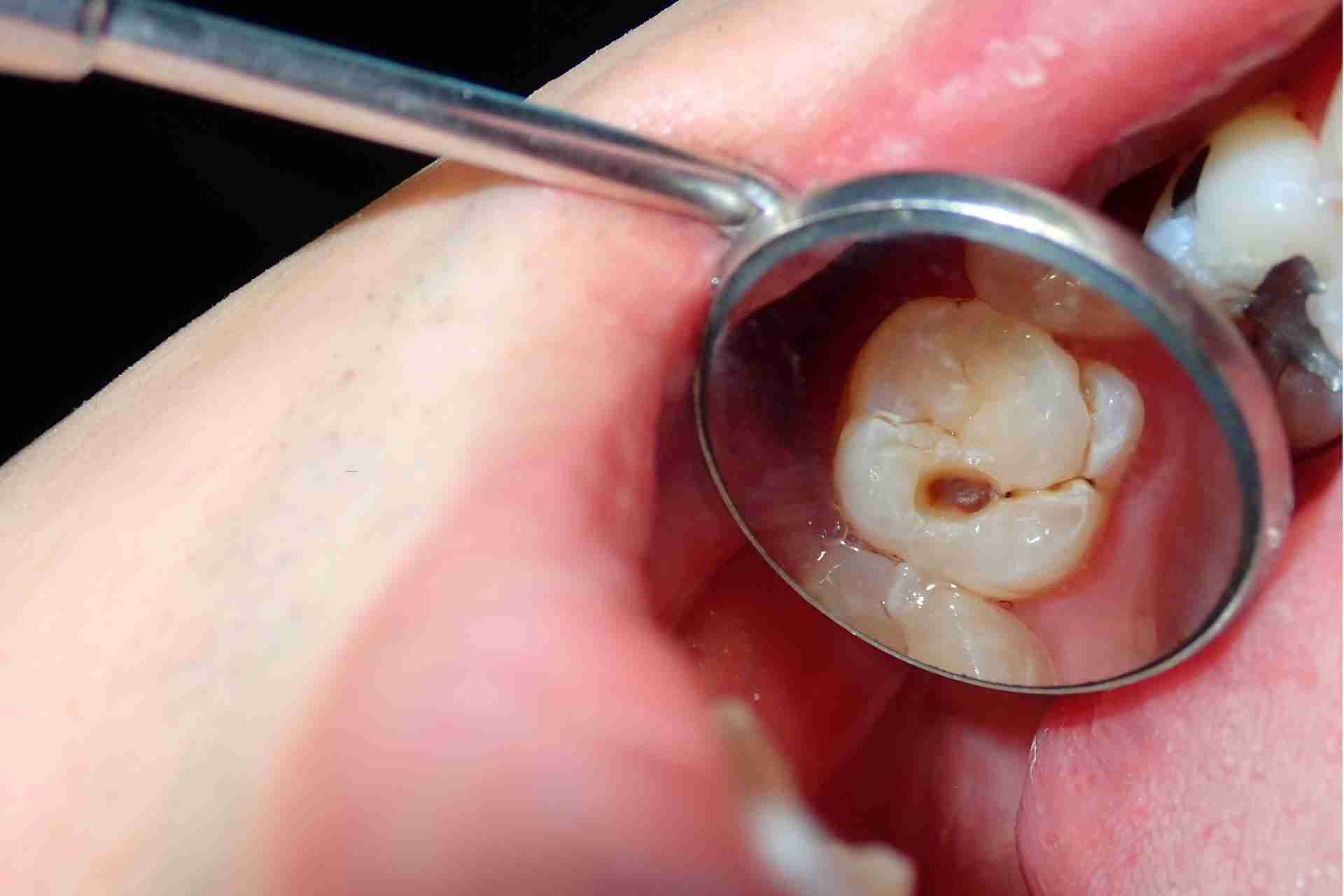Is Flouride Safe for Kids?

When it comes to your child's dental health, fluoride often sparks debate. You might wonder if it's truly safe or if the risks outweigh the benefits. While fluoride can strengthen enamel and prevent cavities, monitoring exposure is crucial. Too much fluoride can lead to issues like dental fluorosis. So, what's the right balance for your child? Exploring the facts can help you make informed choices for their health and smile.
Understanding Fluoride and Its Sources
Although you mightn't think about it often, fluoride is a naturally occurring mineral found in various sources, including water, soil, and certain foods.
You'll often find it added to community water supplies and dental products, like toothpaste and mouth rinses, to promote dental health.
Fluoride comes from natural sources, such as tea leaves, fish, and some fruits and vegetables.
It's essential to understand that while fluoride is beneficial for teeth, excessive exposure can lead to dental fluorosis. This condition affects the appearance of teeth and usually occurs during childhood when teeth are still developing.
The Benefits of Fluoride for Children's Dental Health
Fluoride plays a crucial role in maintaining children's dental health, as it helps strengthen tooth enamel and prevent cavities. When your child brushes their teeth with fluoride toothpaste or drinks fluoridated water, they're getting essential protection against decay.
This mineral works by remineralizing weak areas in the enamel, making teeth more resistant to acid produced by bacteria. Additionally, fluoride can inhibit the growth of harmful bacteria in the mouth, reducing the risk of cavities.
Regular exposure to fluoride during childhood sets the foundation for a lifetime of healthy teeth. By incorporating fluoride into their dental care routine, you're actively contributing to their oral health and helping them maintain a bright, healthy smile for years to come.
The Risks Associated With Fluoride Exposure
While fluoride offers significant benefits for children's dental health, it's important to be aware of the potential risks associated with excessive exposure. Overconsumption can lead to dental fluorosis, which causes discoloration and mottling of teeth.
You might also notice that high fluoride levels can weaken bones and increase the risk of fractures. Some studies suggest a possible link between excessive fluoride and developmental issues in children, raising concerns among parents and health professionals alike.
Additionally, if your child swallows fluoride toothpaste, it can result in toxicity. Monitoring fluoride intake from various sources, including water, dental products, and supplements, is crucial.
Being informed helps you make the best choices for your child's health.
Recommended Fluoride Levels for Children
For optimal dental health, the American Dental Association recommends that children receive fluoride in specific amounts based on their age.
For children under six months, no fluoride is necessary, as their teeth aren't developed yet. From six months to three years, a daily intake of 0.5 mg is advisable, while kids aged three to six should receive about 1 mg daily.
Once children reach the age of six, the recommended intake increases to 2 mg per day. It's crucial to monitor your child's fluoride sources, including toothpaste and supplements.
Too much fluoride can lead to dental fluorosis, so balancing intake is key. Always consult with your pediatrician or dentist to ensure your child gets the right amount for their needs.
Fluoride in Community Water Supplies
Many communities add fluoride to their water supplies to help maintain dental health. This practice aims to reduce cavities and improve oral hygiene among residents, especially kids.
When you drink fluoridated water, the fluoride gets absorbed and strengthens your teeth, making them more resistant to decay. Most health organizations, including the CDC and WHO, endorse this method as safe and effective.
However, it's natural to have concerns about the right levels and potential side effects, such as dental fluorosis. Staying informed about your community's fluoride levels can help you make the best choices for your family's health.
If you're uncertain, don't hesitate to reach out to local health officials for more information about the fluoride in your water supply.
Alternative Options for Dental Care
As parents seek the best for their children's dental health, exploring alternative options for dental care can be a wise decision.
Natural toothpaste without fluoride often contains safe, effective ingredients like baking soda or essential oils that promote oral hygiene. Herbal mouth rinses can also be a beneficial addition, using ingredients like chamomile and peppermint to soothe gums and freshen breath.
Regular dental visits are essential, but you might consider holistic dentists who focus on non-toxic treatments. Encouraging a balanced diet rich in fruits and vegetables can support oral health, while limiting sugary snacks helps prevent cavities.
Teaching your kids proper brushing techniques and the importance of oral care lays a strong foundation for a lifetime of healthy smiles.
Expert Opinions on Fluoride Use
While some parents may have concerns about fluoride, dental experts largely agree on its benefits for children's oral health. Many pediatric dentists recommend using fluoride toothpaste and community water fluoridation as effective means to prevent cavities.
Studies show that fluoride strengthens tooth enamel, making it more resistant to decay. Experts emphasize that the appropriate use of fluoride can significantly reduce childhood dental issues.
They also note that the amount of fluoride in toothpaste and drinking water is regulated to ensure safety. It's important to follow your dentist's recommendations regarding fluoride use, as they can tailor advice based on your child's specific needs.
Ultimately, incorporating fluoride into your child's dental care routine is a proven way to maintain their healthy smile.
Making Informed Decisions for Your Child's Health
How can you ensure your child's health choices are well-informed? Start by researching reliable sources about fluoride and its effects on children.
Consult with your pediatrician or a dental expert who can provide tailored advice based on your child's specific needs. It's essential to discuss any concerns you have about fluoride, including its benefits and potential risks.
Encourage an open dialogue with your child about oral health. Teach them the importance of brushing and flossing while explaining why fluoride is often recommended.
Lastly, stay updated on new studies and recommendations, as health guidelines can change. By being proactive and gathering information, you can make informed decisions that best support your child's health and well-being.
Conclusion
In conclusion, fluoride is generally safe and beneficial for your child's dental health when used appropriately. It strengthens tooth enamel and helps prevent cavities, but it's crucial to monitor fluoride exposure to avoid potential risks. Always consult with your pediatrician or dentist to determine the right fluoride levels for your child. By staying informed and making educated choices, you can support your child's dental health while minimizing the chances of overexposure.












